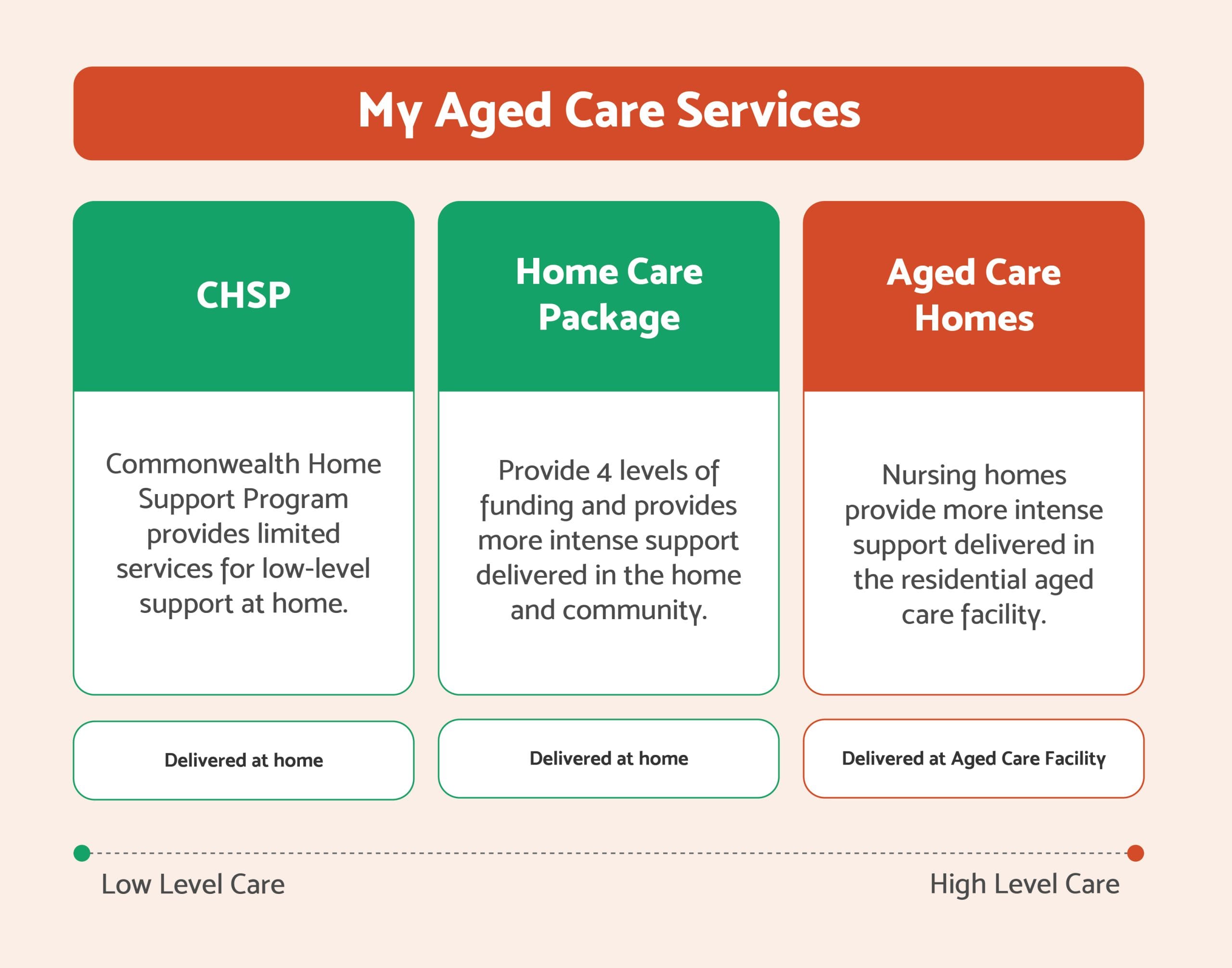Everything About Home Care Solutions for Individuals With Disabilities: NDIS Registered Assistance
Home treatment solutions under the NDIS play an essential role in supporting individuals with disabilities. These services are designed to improve daily living via customized aid, varying from individual care to wheelchair assistance. Comprehending just how to navigate these choices can be intricate. This review checks out the various facets of NDIS home treatment, from readily available solutions to the selection of companies, highlighting vital considerations for those looking for support. The trip toward empowered care begins below.
Comprehending the NDIS and Its Objective
The National Handicap Insurance System (NDIS) functions as a transformative framework made to provide support and services for individuals with impairments. Established to boost the quality of life and warranty equitable accessibility to essential resources, the NDIS encourages participants by offering personalized strategies tailored to their distinct demands. It intends to cultivate independence, enabling people to seek their personal goals and aspirations.Through a structured technique, the NDIS assigns financing for numerous assistances, including education and learning, employment assistance, and neighborhood involvement. This all-encompassing plan not only concentrates on instant care however additionally stresses long-term developing end results. By promoting option and control, the NDIS motivates participants to select their recommended company, guaranteeing that treatment aligns with their choices and worths. Inevitably, the NDIS represents a considerable dedication to boosting the lives of individuals with impairments, cultivating inclusivity, and constructing a much more helpful society.
Kinds Of Home Care Services Available
Various types of home care services satisfy individuals with impairments, primarily concentrating on individual care support and respite treatment options. Individual care assistance provides necessary assistance with day-to-day tasks, while break treatment uses short-term relief for key caretakers. Recognizing these services is essential for making certain the well-being of both people with impairments and their families.
Personal Treatment Help
While maneuvering life can provide difficulties for people with disabilities, individual care support supplies necessary support tailored to their one-of-a-kind needs. This kind of home care solution includes a series of tasks designed to promote freedom and enhance top quality of life. Individual care assistants aid with everyday jobs such as showering, dressing, brushing, and toileting, ensuring individuals keep personal hygiene and convenience. They may also aid with dish prep work, drug management, and movement support. By supplying individualized treatment, these specialists empower individuals to involve even more totally in their social tasks and day-to-day routines. Generally, individual treatment help plays a substantial role in fostering dignity and autonomy for those with impairments, permitting them to thrive in their home setting.

Break Treatment Options
Reprieve treatment works as a crucial resource for family members and caretakers of people with disabilities, giving momentary remedy for the needs of everyday caregiving. This kind of solution can take different forms, consisting of in-home break care, where qualified professionals see the home to help with care jobs. Additionally, families might opt for facility-based reprieve treatment, where individuals receive care in a specific environment, allowing caretakers to relax. In addition, some organizations supply emergency reprieve services for unanticipated situations. These alternatives not only assist ease caregiver stress and anxiety yet likewise promote the well-being of individuals with handicaps by supplying them brand-new experiences and social communication. Generally, break treatment plays a critical duty in sustaining both caretakers and those they care for.

How to Access NDIS Home Treatment Solutions
Accessing NDIS home care services includes comprehending the qualification requirements stated by the National Special Needs Insurance System. Individuals must navigate an organized application process to protect the required support customized to their requirements. This area will certainly clarify both the eligibility needs and the actions included in using for services.
Eligibility Standards Clarified
To receive NDIS home care solutions, people must fulfill specific qualification requirements that assess their demands and conditions. First, applicants have to be aged in between 7 and 65 years and have a considerable and long-term disability that influences their capability to do everyday activities. Additionally, they important source need to be an Australian citizen, an irreversible resident, or hold a Protected Unique Group Visa. The NDIS needs proof of the impairment, generally via clinical assessments or reports. People must demonstrate that they need assistance to participate in economic and social life. These standards ensure that services are guided towards those who genuinely need help, advertising independence and enhanced lifestyle for individuals with specials needs.
Application Process Steps
Can I Pick My Own Assistance Workers Via NDIS?
The specific inquired whether they might choose their very own assistance workers under the NDIS structure. Generally, individuals have the adaptability to choose assistance workers, promoting individualized treatment that lines up with their specific needs and choices.
What Happens if My Needs Adjustment After Receiving Support?
They should interact these changes to their service copyright if an individual's requirements adjustment after getting support. Modifications can be made to the treatment strategy, making sure that the support stays efficient and appropriate for their conditions.

Exist Limits on How Many Hours of Care I Can Get?
The individual asked about potential limitations on the variety of care hours received. Normally, such limitations might exist based on certain policies or funding plans, stressing the significance of examining agreements and standards frequently.
Can I Utilize NDIS Financing for Home Alterations?
The question of utilizing financing for home alterations arises regularly. Usually, people might use NDIS funding for required modifications to their homes, making sure availability and security, set upon conference certain qualification criteria and standards.
Just how Do I Deal with Grievances Concerning My Home Care Services?
To attend to complaints regarding home treatment solutions, individuals need to initially record their concerns. They can interact directly with their solution company, seeking resolution, or escalate the problem to pertinent oversight bodies if required. Home treatment solutions under the NDIS play a crucial function in supporting people with specials needs. Various kinds of home care solutions cater to people with disabilities, largely concentrating on personal care aid and break treatment choices. home care providers melbourne. webpage Individual treatment aid offers crucial support with everyday activities, while reprieve treatment provides short-term relief for primary caretakers. Family members might decide for facility-based reprieve treatment, where people get care in a specialized atmosphere, enabling caretakers to take a break. How can families properly take care of the monetary facets of home treatment services for people with disabilities?